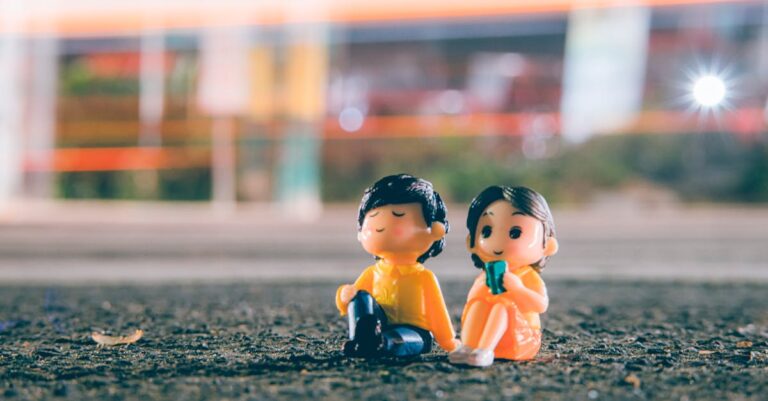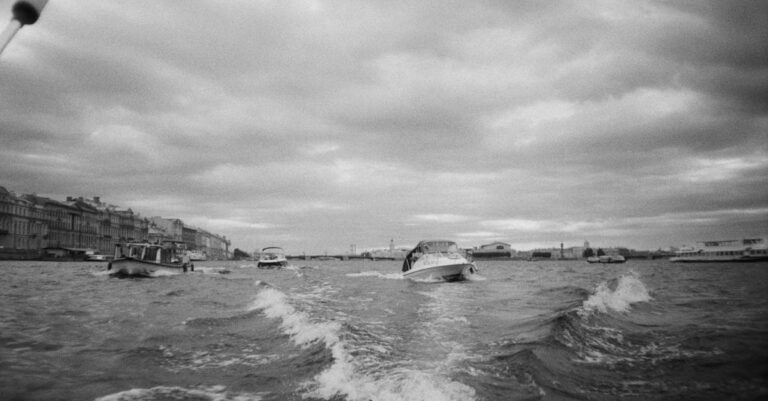The first time Clara saw the lighthouse, it was veiled in mist, its white stone silhouette blurred against the gray sky. She stood at the edge of the cliff, her boots sinking into the damp earth, as waves clawed at the rocks below. The air smelled of salt and decay, a sharp contrast to the lavender fields she’d left behind. Her father’s letter lay crumpled in her pocket, its words still burning: *The lighthouse needs you.* She hadn’t expected it to feel like a funeral.
Inside, the tower reeked of mildew and forgotten time. Clara ran her fingers over the rusted railing, its surface pitted from decades of storms. The beam had gone dark years ago, its purpose abandoned when the new navigation systems rendered it obsolete. But the town council had sent her here anyway, to assess the structure’s worth. She didn’t know why they’d chosen her—a botanist with no engineering skills—but the paycheck was steady, and the isolation suited her.
The first storm hit on her third night. Wind howled through the cracks in the tower’s walls, and rain lashed the windows like a thousand tiny fists. Clara huddled in the small room she’d claimed, listening to the structure creak and groan. She’d just fallen asleep when the power died, plunging the tower into darkness. A sudden crash echoed from below—something heavy had fallen. Her flashlight flickered as she descended, the beam cutting through the gloom to reveal a figure sprawled on the floor.
He was tall, his dark hair plastered to his forehead, his shirt soaked through. Clara recognized him instantly: Eli Voss, the marine biologist who’d been working on the nearby research station. She’d seen him in town a few times, always alone, always watching the horizon as if waiting for something. Now he lay motionless, his breathing shallow.
“You’re trespassing,” she said, though the words felt hollow. He stirred, his eyes fluttering open to reveal a storm of green. “I could say the same about you,” he murmured. His voice was gravel and smoke, and Clara felt a flicker of something she couldn’t name.
They didn’t speak much in the days that followed. Eli stayed in the tower, helping her with repairs, his hands calloused from years of handling nets and instruments. He spoke little, but his presence was a constant hum beneath her thoughts. Clara found herself lingering near the cliff’s edge when he walked there, watching how he traced the waves with his gaze, as if trying to decipher their secrets.
One evening, as the sun bled into the sea, Eli approached her while she studied a cluster of sea lavender. “You don’t belong here,” he said, his tone not unkind. Clara didn’t look up. “And you do?” He tilted his head, considering. “I’m just passing through.” But the way he said it, like a confession, made her stomach twist.
The storm returned on the night of the full moon. Waves crashed against the cliffs with a fury that shook the tower. Clara and Eli worked in silence, patching leaks and reinforcing the structure. When the power failed again, they lit candles, their shadows dancing on the walls. The air was thick with salt and sweat, and Clara could feel Eli’s presence beside her, steady and grounding.
“You’re afraid,” he said suddenly, his voice low. Clara turned to face him, the candlelight catching the edges of his face. “Of what?” “Of being seen.” She wanted to deny it, but the truth sat heavy in her chest. Eli stepped closer, his breath warm against her cheek. “You don’t have to hide.” His lips brushed hers, tentative and unsteady, like the tide retreating from the shore. Clara leaned into him, her hands finding the back of his neck, and for a moment, the storm outside felt distant, irrelevant.
In the days that followed, they spoke more. Eli told her about the research station, about the creatures he studied in the deep. Clara shared stories of her father’s garden, of the way the light filtered through the leaves. They built a rhythm—meals together, long walks along the shore, quiet evenings where they simply sat and watched the stars. But the town council’s deadline loomed, and Clara knew the tower would soon be demolished.
“They’re going to tear it down,” she said one morning, her voice brittle. Eli didn’t look up from his coffee. “Then we’ll stop them.” His certainty surprised her. “How?” He met her gaze, his green eyes steady. “We show them why it matters.” That night, they gathered the townspeople, sharing stories of the lighthouse—how it had guided ships through storms, how it had been a beacon for those lost at sea. Clara spoke of her father’s letters, of the way the tower had felt like a living thing, and Eli talked about the ocean’s mysteries, the fragile balance they all depended on.
The council wavered. The town voted to preserve the lighthouse, but the decision was far from final. Clara and Eli knew they had to act faster. They spent weeks documenting the tower’s history, collecting testimonies from those who’d relied on it. Eli even convinced a journalist to write a piece, highlighting the structure’s cultural significance. The pressure mounted, but so did their resolve.
On the night of the final vote, Clara stood on the cliff, the wind whipping her hair into chaos. Eli joined her, his hand finding hers. “We did it,” he said, but she shook her head. “Not yet.” They waited in silence as the council met, the hours stretching like the tide. When the decision came—approval to preserve the lighthouse—Clara felt a surge of emotion she couldn’t name. Eli pulled her into his arms, and for the first time, she let herself believe in something bigger than her own fears.
The tower was restored, its beam reignited. Clara and Eli continued their work, but the bond between them had deepened. They still found ways to surprise each other—Eli bringing her seashells he’d collected, Clara teaching him to tend the garden. Their love wasn’t perfect, but it was real, rooted in the same earth that had once felt so foreign.
Years later, Clara would look back on that stormy night as the moment everything changed. The lighthouse, the tide, and the man who’d stood beside her—each a part of the story she’d never expected to write.


